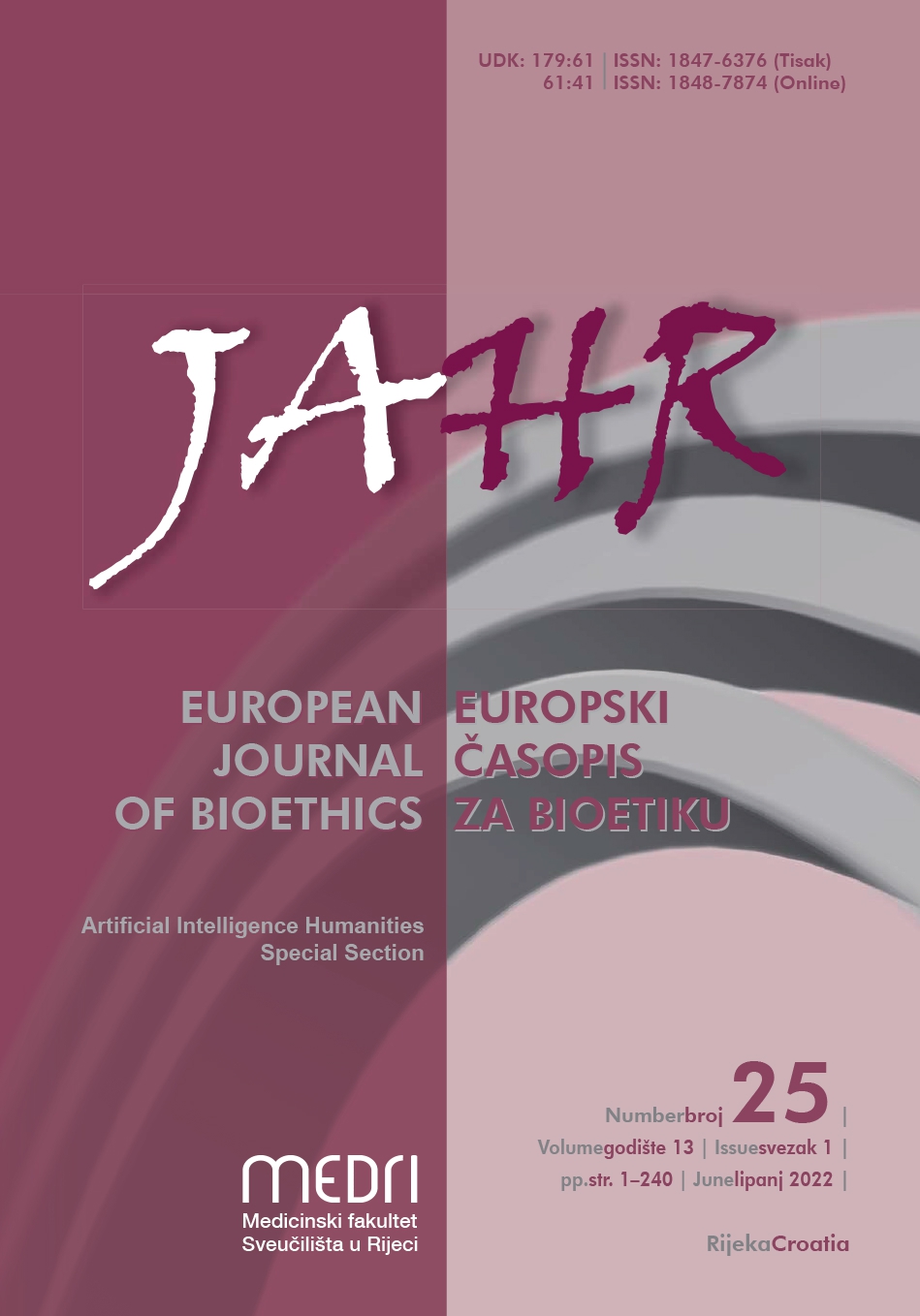Involuntary hospitalization – old practice and new interpretations
Keywords:
involuntary hospitalization, autonomy, paternalism, incompetence, stigmatizationAbstract
https://doi.org/10.21860/j.13.1.3
Within the framework of applied ethics, this paper considers the implications of a new interpretation of the UN Convention on the Rights of Persons with Disabilities. It is based solely on the inviolability of autonomy, thus neglecting a key aspect of the compromised ability to make relevant decisions about the treatment of people with mental disorders. This tendency implies that the patients’ health is no longer a priority but rather their autonomy, regardless of their actual condition. Leaving the decision about the treatment to someone with serious mental disorders jeopardizes the values that concern both the patient and others. This paper examines the concept of autonomy and paternalism in psychiatry, their moral bases, limitations, and circumstances in which paternalism in the context of compulsory treatment can be justified and considered safer and more appropriate when it comes to the interests of the patients themselves, compared to the proposed model. Caution is essential in overcoming controversies related to the involuntary hospitalization procedure. The analysis of basic moral principles and the argument for different approaches to this problem is motivated by the fact that this extremely restrictive and controversial measure requires constant attention and consideration from the medical, ethical, and legal aspect because it significantly contributes to both - the self-stigmatization of one of the most vulnerable groups of patients and the stigmatization of psychiatry as a means of social control.
Downloads
Published
Issue
Section
License
Authors who publish with this journal agree to the following terms:
- Authors retain copyright and grant the journal right of first publication with the work simultaneously licensed under a Creative Commons Attribution License that allows others to share the work with an acknowledgement of the work's authorship and initial publication in this journal.
- Authors are able to enter into separate, additional contractual arrangements for the non-exclusive distribution of the journal's published version of the work (e.g., post it to an institutional repository or publish it in a book), with an acknowledgement of its initial publication in this journal.
- Authors are permitted and encouraged to post their work online (e.g., in institutional repositories or on their website) prior to and during the submission process, as it can lead to productive exchanges, as well as earlier and greater citation of published work (See The Effect of Open Access).



